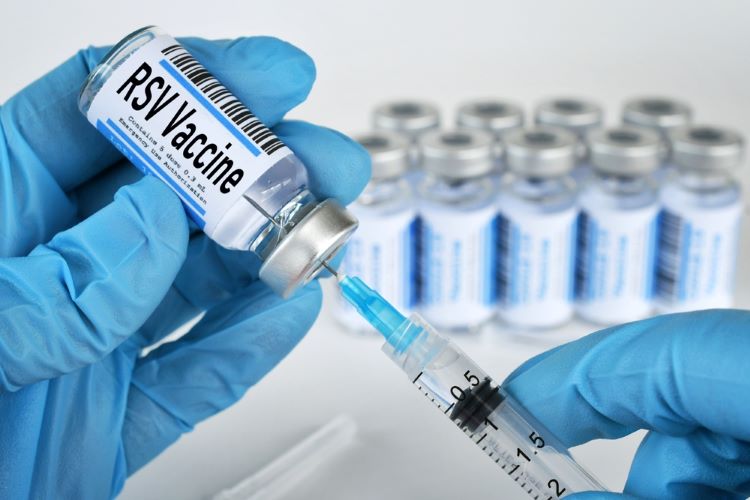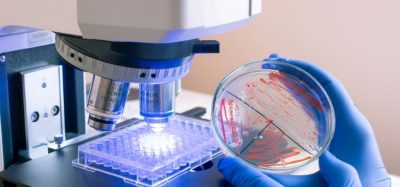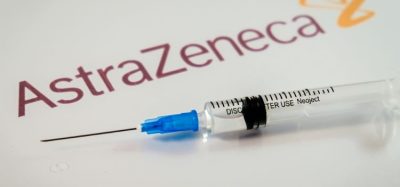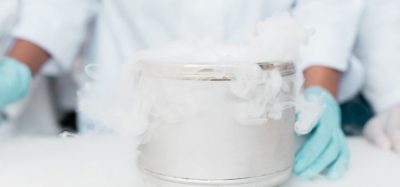Pfizer maternal RSV vaccine approved
Posted: 22 August 2023 | Catherine Eckford (European Pharmaceutical Review) | No comments yet
The US Food and Drug Administration (FDA) has authorised an RSV vaccine for pregnant individuals, which in one study, reduced the risk of severe LRTD by 81.8 percent within 90 days after birth.


Abrysvo is approved for pregnant individuals to prevent lower respiratory tract disease (LRTD) and severe LRTD caused by respiratory syncytial virus (RSV) in infants. The US Food and Drug Administration (FDA)-approved treatment, is the first RSV vaccine indicated for infants from birth to six months of age. It is approved for use at 32 through to 36 weeks pregnancy gestation. US FDA granted approval of Abrysvo to Pfizer Inc.
This news follows similar regulatory action by the US FDA in recent months. In July 2023, the US government body approved the only monoclonal antibody for protection of infants in their first RSV season.
Abrysvo’s approval “marks a significant milestone” Annaliesa Anderson, PhD, Senior Vice President and Chief Scientific Officer of Vaccine Research and Development at Pfizer stated. At present, Pfizer is the only company with an RSV vaccine to help protect older adults, in addition to help immunise infants through maternal immunisation, the company declared.
“RSV is a common cause of illness in children, and infants are among those at highest risk for severe disease, which can lead to hospitalisation,” explained Dr Peter Marks, PhD, Director of the FDA’s Center for Biologics Evaluation and Research.
Clinical evidence for the RSV vaccine
A Phase III clinical study evaluated approximately 3,500 pregnant individuals who were given Abrysvo, compared to the same number received a placebo. The bivalent RSV prefusion F (RSVpreF) RSV vaccine reduced the risk of severe LRTD by 81.8 percent within 90 days after birth. Within 180 days after birth, the risk rate was 69.4 percent. The results of the MATISSE study were published in the NEMJ in April 2023.
In a subgroup of participants who were between 32 through to 36 weeks gestation, approximately 1,500 received Abrysvo and 1,500 received placebo. Abrysvo was found to reduce the risk of LRTD by 34.7 percent. It reduced the risk of severe LRTD by 91.1 percent within 90 days after birth when compared to placebo. Within 180 days after birth, Abrysvo reduced the risk of LRTD by 57.3 percent and by 76.5 percent for severe LRTD, compared to placebo.
Two studies investigated the safety of the RSV vaccine Abrysvo. The first study had approximately 3,600 participants in each cohort. The second study evaluated approximately 100 pregnant individuals in each group. Data indicated a potential risk of hypertensive disorders of pregnancy, including pre-eclampsia. Therefore, postmarketing studies are required by the FDA to assess the signal of serious risk for these conditions.
Related topics
Antibodies, Big Pharma, Biopharmaceuticals, Clinical Development, Clinical Trials, Drug Development, Drug Safety, Immunisation, Industry Insight, Regulation & Legislation, Research & Development (R&D), Therapeutics, Vaccines, Viruses
Related organisations
Related people
Related diseases & conditions
respiratory syncytial virus (RSV), respiratory syncytial virus (RSV)-mediated lower respiratory tract disease









